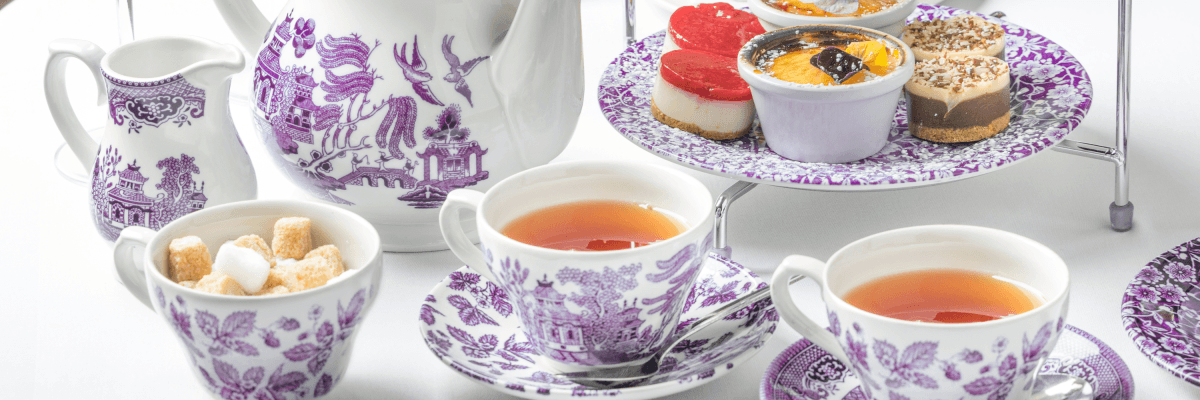
The Tea Party Trilogy
Ah, the time-honored tradition of tea! It's not just a beverage; it's a delightful experience that comes in not one, not two, but three fabulous forms: High Tea, Afternoon Tea, and Low Tea. Before you get tangled up in teacups and teaspoons, let's spill the tea on the differences between these three charming rituals. Sip back, relax, and let's dive into the world of tea party delights!
What is High Tea?
Contrary to its name, High Tea isn't a stuffy affair reserved for nobles only. It's actually a hearty, more substantial tea experience, popularized by the working class in Britain during the 19th century. High Tea was typically enjoyed after a long day of labor, usually between 5 pm and 7 pm at a counter-top or high table (hence then name "high" tea). Picture this: tired workers savoring scrumptious savories, heartier dishes, and sweet treats, all washed down with a strong cuppa!
High Tea menus often feature meat pies, quiches, sausage rolls, and other savory delights. It's a comforting, soul-warming meal that fuels you up after a busy day. The tea itself is typically a robust black tea, like Assam or English Breakfast, served with milk or sugar to help revive those tired souls.
What is Afternoon Tea?
Afternoon Tea, on the other hand, is the epitome of elegance and refinement. It's a delightful tradition that emerged in the early 1840s, thanks to the Duchess of Bedford, who sought a light snack to tide her over until dinner. This fabulous affair quickly caught on among the upper classes and has been cherished ever since.
Usually served between 3 pm and 5 pm, Afternoon Tea is a stylish affair comprising three tiers of pure deliciousness. The first tier flaunts delicate finger sandwiches with fillings like cucumber and cream cheese, smoked salmon, or egg and cress. The second tier showcases scones served with clotted cream and jam - a taste of heaven! Finally, the third tier is a showcase of petite pastries and cakes that are almost too cute to eat.
Accompanying the delicacies is a pot of fine, fragrant tea, such as Lavender Earl Grey or Lemon Crème. The teas are often lighter and more delicate, perfect for those refined taste buds.
What is Low Tea?
Now, before you assume Low Tea is the opposite of High Tea, let's set the record straight. Low Tea got its name from the height of the tables where it was typically served - low tables, closer to the ground.
During the 19th century, the British upper class would relax and unwind in their drawing rooms, enjoying their tea and light refreshments. Picture a laid-back and informal setting, where conversation and relaxation are the main course.
Low Tea shares some similarities with Afternoon Tea, offering dainty sandwiches, scones, and cakes. The primary difference is the setting and ambiance - Low Tea is all about comfort and leisure, making conversation and memories (our favorite type of tea time!).
So, whether you're in the mood for a hearty meal with high tea, a refined gathering with afternoon tea, or a casual yet delightful experience with low tea, there's a tea party to suit every taste and occasion. Whichever you choose, may your tea time be filled with joy, laughter, and, of course, lots of delectable treats! Happy sipping!

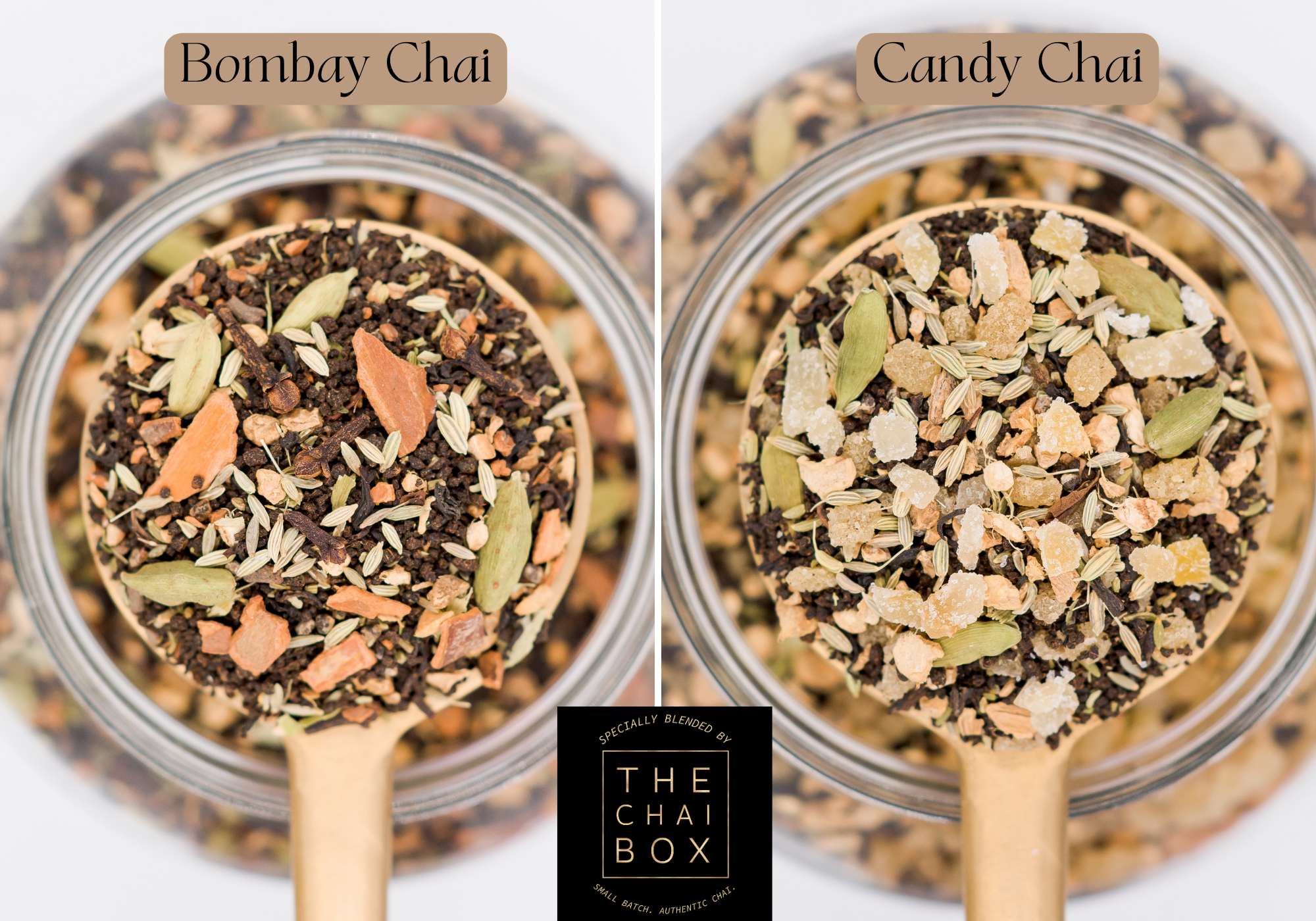
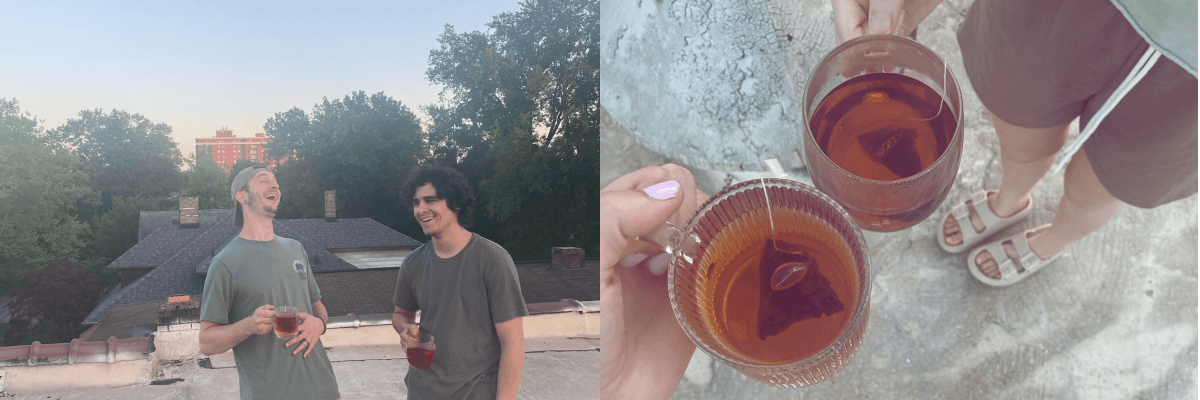
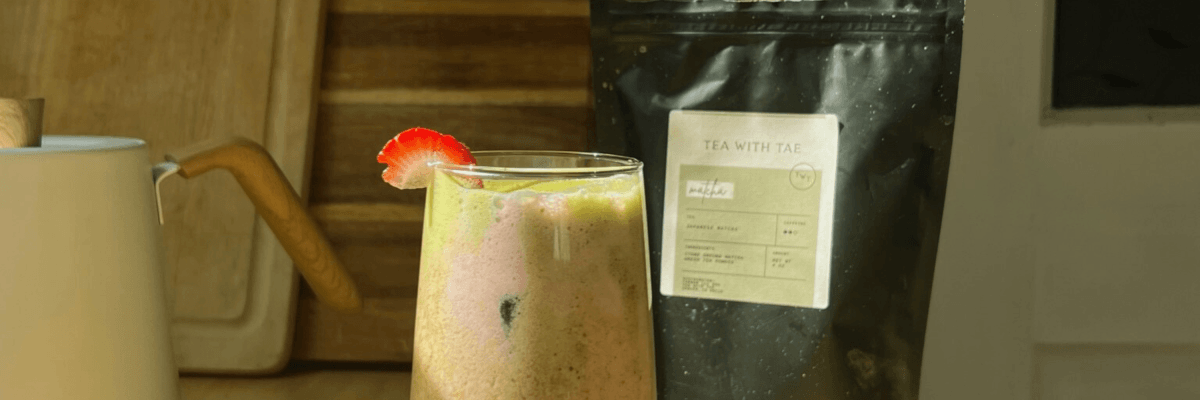
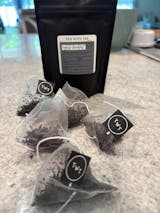
Leave a comment
This site is protected by hCaptcha and the hCaptcha Privacy Policy and Terms of Service apply.